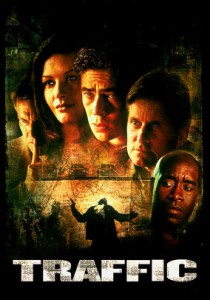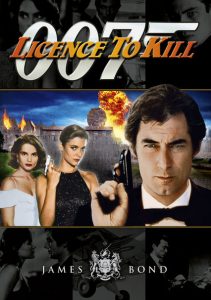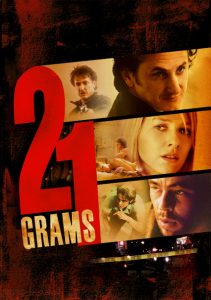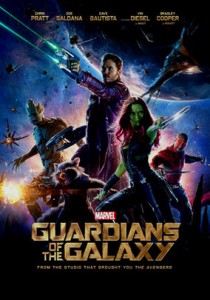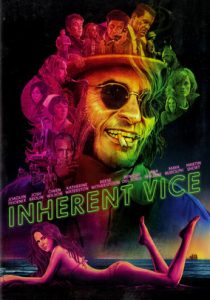One Battle After Another-2025
Director Paul Thomas Anderson
Starring Leonardo DiCaprio, Sean Penn, Chase Infiniti
Scott’s Review #1,497
Reviewed October 20, 2025
Grade: A
In my opinion, one of the modern great directors, Paul Thomas Anderson, has released One Battle After Another (2025), a film rich in thrills and relevance. Sought to be made for years, the film is inspired by the 1990 novel Vineland by Thomas Pynchon, with some of Anderson’s narratives peppered in.
Undoubtedly, Anderson was influenced by the current state of the United States regarding immigration issues and the tyranny withinICE (United States Immigration and Customs Enforcement)
While immigration is not a new hot-button issue, the inhumanity heaped onto ‘illegal immigrants’ and some US citizens is current as well as powerful.
Additionally, a frightening tone of racism and ‘white power’ is an underlying theme of the film, contrasting covert hatred by a group of white supremacists with the humanity of revolutionaries who attack the political system.
Therefore, the film has an overwhelming modern feel.
Otherwise, the breakneck twists, turns, and action make One Battle After Another the crown jewel of storytelling fun and an Anderson offering that could easily be added to his top 5 of all time.
Events follow an ex-revolutionary explosive device expert, “Ghetto” Pat Calhoun / “Rocketman” / Bob Ferguson (Leonardo DiCaprio), who is forced back into his former combative lifestyle when a corrupt military officer pursues him and his daughter.
With new identities, they had assumed they could live a peaceful life of tranquility, but they were in for a rude awakening.
Set in recent times, the film begins 15 years before events later in the story, yet maintains a clear link. This ensures the audience is invested in the characters, especially in the latter half, as we get to know them better.
While DiCaprio can never deliver a bad performance and firmly grips the lead role as the intelligent yet comically clumsy Bob, other actors shine, making One Battle After Another an ensemble piece dripping with award-worthy performances and hefty accolades.
DiCaprio improvises his way through the script, with stutters and stammering enveloping his character, endowing him with endearing qualities like forgetting a vital password or falling off a roof. Nonetheless, he has sentimental and introspective moments about his life and his teenage daughter, Willa Ferguson/Charlene Calhoun, played by Chase Infiniti.
Infiniti is tremendous in her breakout role as a mixed-race girl trying to lead an everyday life while paying for the crimes and mistakes of her parents.
Playing confident, yet scared and vulnerable, Infiniti is quite the find. Is she destined to follow in her parents’ footsteps?
Teyana Taylor is brutally talented as she plays Perfidia Beverly Hills, a tough as nails, take no prisoners, kick ass young woman known to tease and humiliate her prey strictly for laughs.
Regina Hall and Benicio del Toro bring their kind-hearted, supportive characters to life with emotional flair and some needed humor, especially from del Toro.
The standout, however, is Sean Penn. Giving a bravura performance as the hated and racist Colonel Steven J. Lockjaw, a military officer who pursues the French 75, he sneers and pouts, never playing the character over the top or for laughs.
He truly believes he comes from a superior race while bedding the women he despises.
A three-way highway car chase scene nearly rivals classic sequences in The French Connection (1971) and The Getaway (1972). As three separate drivers’ points of view are featured along a hilly highway with deadly results, the audience is treated to rear-view mirror and reaction shots.
I honestly did not know what would happen next and was delighted at the outcome.
Hopefully, as the years go by, One Battle After Another (2025) will be remembered for embracing different genres and delivering a powerhouse final product. With great acting, editing, storytelling, and action, the film has it all.
Add in a timely message, and you’ve got yourself a gem.
Oscar Nominations: Best Picture, Best Director-Paul Thomas Anderson, Best Actor-Leonardo DiCaprio, Best Supporting Actor-Benicio Del Toro, Sean Penn, Best Supporting Actress-Teyana Taylor, Best Adapted Screenplay, Best Casting, Best Cinematography, Best Film Editing, Best Original Score, Best Production Design, Best Sound

